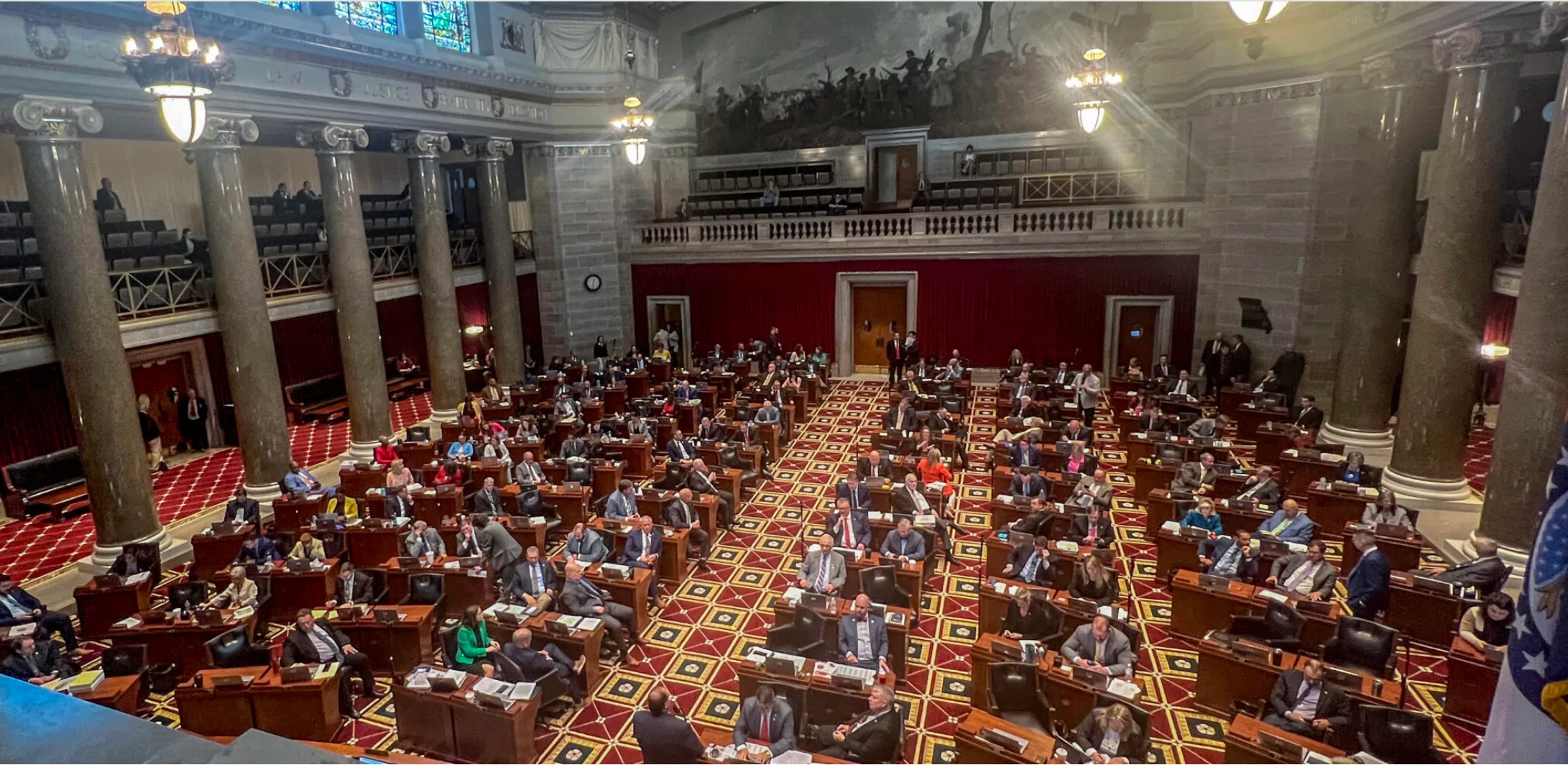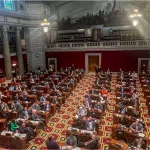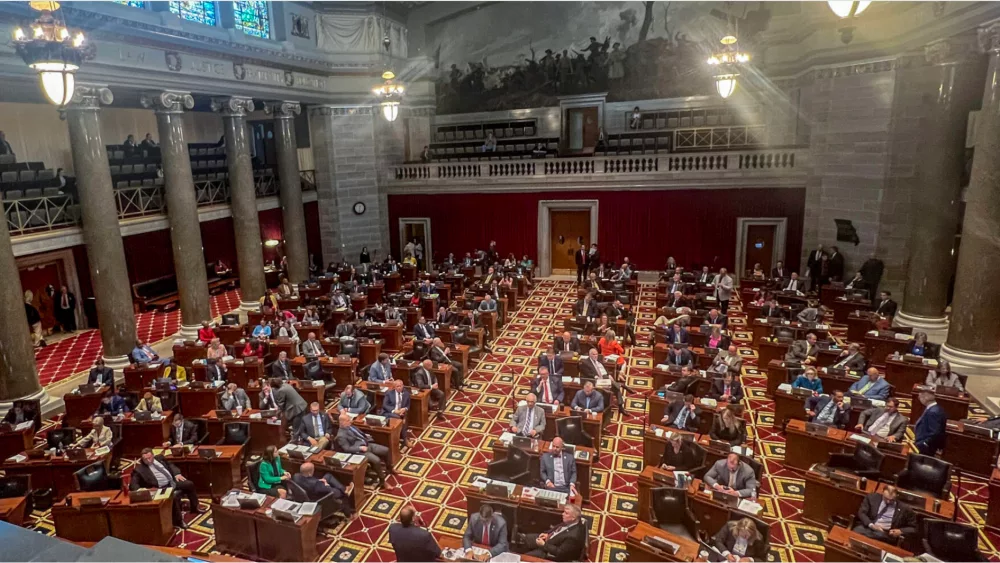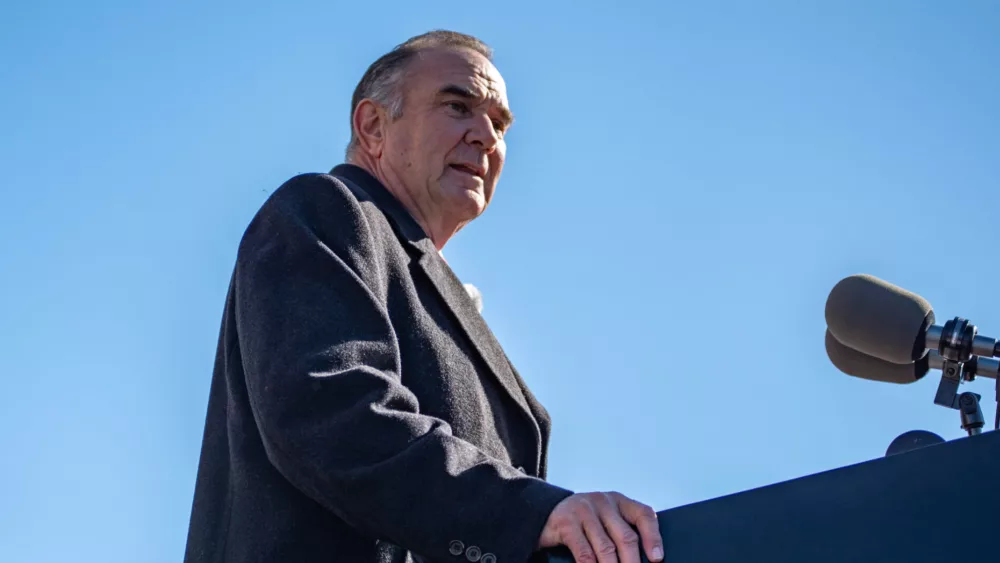
State education officials credit recent legislative efforts for a small boost to teacher retention rates while setting guidelines for more growth
BY: ANNELISE HANSHAW
Missouri Independent
More Missouri educators are staying in their jobs following efforts to raise teachers’ base pay and provide alternative measures for certification, the State Board of Education learned last week.
The Missouri Department of Elementary and Secondary Education predicts schools will have fewer vacancies in the future, speaking positively about small gains and outlining a path for more improvement.
“It is encouraging data to see because it signals that while supply of new teachers is increasing, we’re also seeing a decrease in the demand for new teachers,” Paul Katnik, assistant commissioner in the office of educator quality, told the board.
Following Katnik’s presentation, the department announced the creation of a playbook to improve teacher recruitment and retention in Missouri with eight cornerstones to guide lawmakers and education officials.
“The data confirms we’re making positive, incremental progress, and this indicates we are doing the right things,” Katnik said. “The data also indicates we have more work yet to do.”
Teacher retention in Missouri increased in the 2023-24 school year after a decrease the year prior. Among all Missouri teachers, 88.7% remained in the profession, compared to 88.2% the year prior.
Despite a continued push for teacher recruitment efforts from the state department, lawmakers have less emphasis on the problem than in years past with few bills filed addressing the issue head on.
“From what we passed last year, there will be a $700 million core increase, so that will be the increase this year,” state Rep. Ed Lewis, a Republican from Moberly, told The Independent. “Will we go beyond that? No, I can’t imagine that we have any appetite to go higher than that this year.”
Lewis has filed numerous bills aimed at teacher recruitment and retention in years past, and his legislation was made law in a large education package last year. His proposals included a grant that helps upcoming teachers pay for college education, so long as they teach in Missouri afterward.
The new law is expected to pour hundreds of millions into schools alongside an increase to the formula that funds public schools.
This year, Lewis hopes to just see “tweaks” to the existing measures and funding in the appropriations process.
“We have to realize that we just put a lot of money into education, and we’ve got to make sure that we appropriate all that and that we figure out how, long term going forward, we’re going to continue to meet the educational needs in public education,” he said.
Still, a few bills seek to expand programs to retain teachers.
State Rep. Kathy Steinhoff, a Democrat from Columbia, filed a bill hoping to create a grant program incentivizing teachers to stay in their jobs. But, Steinhoff knows the appetite for public education spending is particularly weak this year.
Steinhoff’s bill would combine local efforts with a matching fund from the state to supplement teacher salaries by $5,000 to $6,000 annually.
Last year, the legislature increased the minimum teacher pay to $40,000 and $46,000 for those with at least 10 years of experience. Base pay for those with at least 10 years of experience will rise to $48,000 over two years.
The pay bump has caused compression in some districts, with teachers having served in a district for five years making little more than newcomers, Steinhoff said. And average teacher pay, which rose to over $55,000 this year in Missouri, is still “way behind” careers requiring similar levels of education.
Lewis said districts could use the increase to the foundation formula to make “more competitive” salary schedules, putting onus on local authorities to use the state funds for retention.
A bill proposed by state Rep. Ben Keathley, a Republican from Chesterfield, seeks to dictate how much districts can spend on administrative salaries compared with teacher compensation. The bill would require districts to spend at least 88% of educator salaries on teachers in the 2026-27 school year, with that portion rising 1% annually until it reaches 95%.
Other bills filed addressing teacher pay include fixes to a provision passed last year that incentivizes a five-day school week, clarifying that a school calendar can be shorter based on inclement weather and still qualify.
Lewis also filed legislation that would sunset a fund created to help districts raise teacher salaries to the new minimum in 2035, unless the grant is renewed.







